|
|
|
|
Nau mai, haere mai.
“You have voted for change,” National leader and prime minister-elect Christopher Luxon said on election night, and at one level that is obviously true. As Richard Shaw wrote the next day, “Labour’s 26.9% of the vote is barely half what it achieved just three years ago, and its second worst performance since 1969.”
National’s looming coalition challenges aside, though, just how much choice was really available to voters? Smaller parties such as the Greens and Te Pāti Māori did well, but they rely on Labour doing better in the head-to-head contest with National to have any real influence.
Meanwhile, Toby Boraman argues, the immediate policy differences between the major parties serve to mask a deeper consensus on the fundamental economic settings that determine the parameters of real change.
And while Labour under Jacinda Ardern and Chris Hipkins did espouse alternative world views to the old neoliberal defaults, Boraman writes, it only differed from National by degrees when it came to taxation, interest rates, inflation and “fiscal responsibility”.
There will be more post-election coverage to come, of course, with final results due on November 3 when the shape of the next government will become clearer. For now, take care and mā te wā.
|

|
Finlay Macdonald
New Zealand Editor
|
|
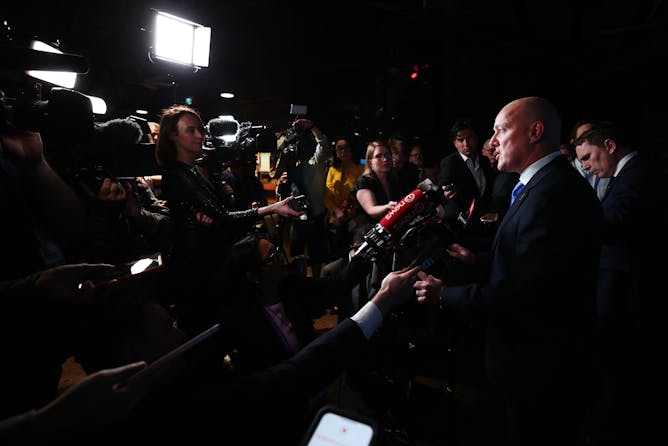
Toby Boraman, Massey University
Beneath the obvious policy differences between Labour and National lies a tacit consensus on fundamental economic settings. Until that changes, political choice will be constrained.
|
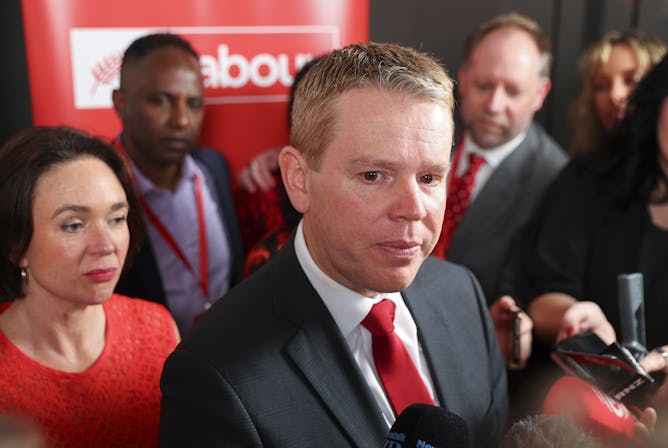
Richard Shaw, Massey University
The final outcome of the general election may not be known for two weeks. But one thing is clear: the country has resoundingly rejected the government that led it through the pandemic.
|
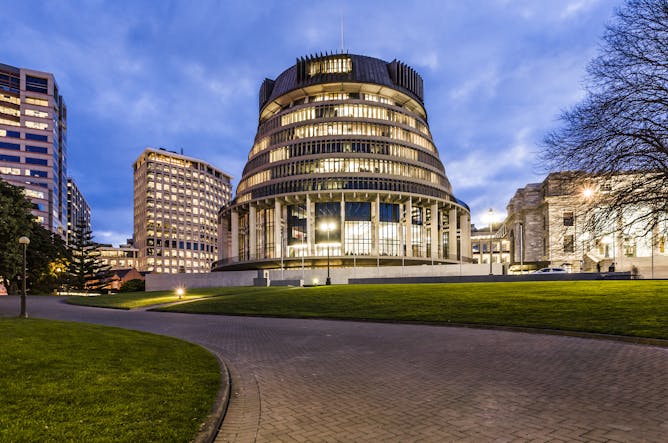
Adrian Beaumont, The University of Melbourne
With final results awaiting the inclusion of special votes, the shape of New Zealand’s next parliament hangs in the balance. Here are the variables in play.
|
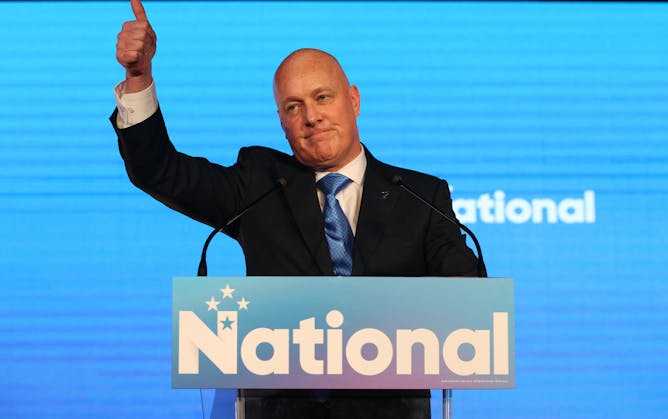
Veronika Meduna, The Conversation; Finlay Macdonald, The Conversation; Debrin Foxcroft, The Conversation; Matt Garrow, The Conversation
New Zealand has swung decisively back to the right at the 2023 general election. With official results pending, it seems National and ACT can still form a government without the help of NZ First.
|
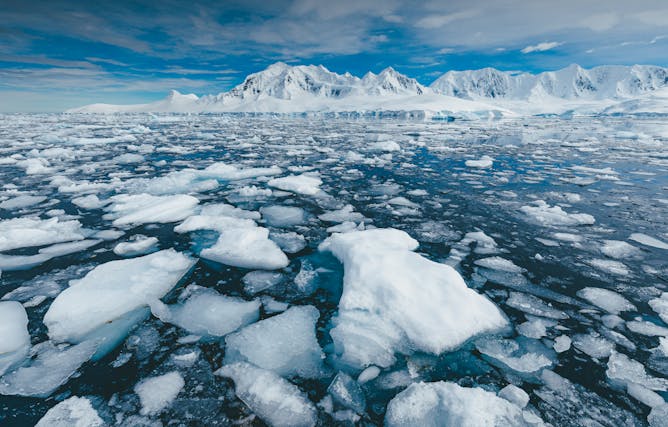
Craig Stevens, University of Auckland; Natalie Robinson, National Institute of Water and Atmospheric Research
The rapid changes in the Southern Ocean and Antarctica highlight the urgency of better direct observations and measurements, beyond satellite monitoring and modelling.
|

Alexander Gillespie, University of Waikato
New Zealand must be even-handed in its response to the catastrophe unfolding in Israel and Gaza, while still trying to keep hope of peace alive.
|
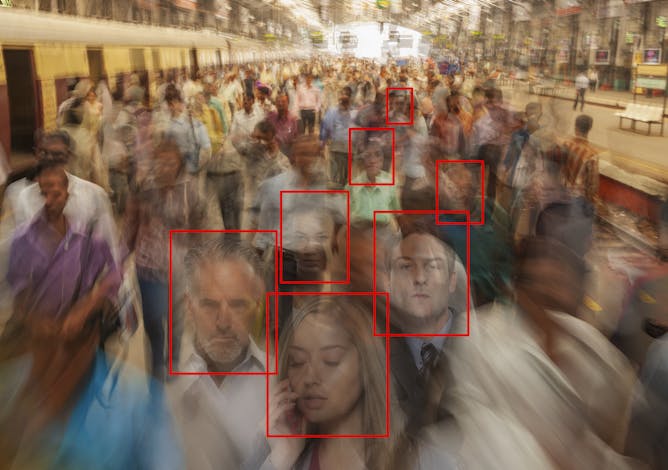
Alexandra Sims, University of Auckland
Current laws governing policing don’t take into account the capacity of AI to process massive amounts of information quickly – leaving New Zealanders vulnerable to police overreach.
|
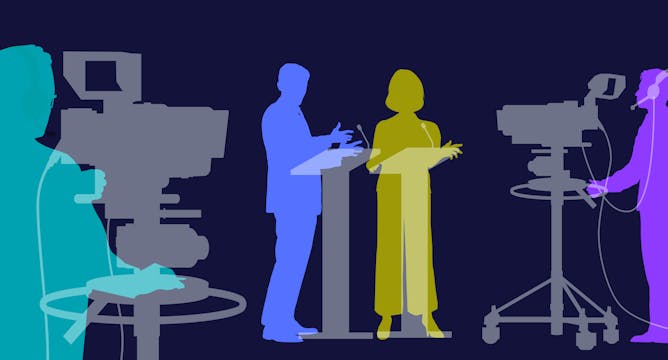
Suze Wilson, Massey University
Politics is about appearances as much as policy. But it’s possible to make an informed judgment about political leaders, if we know what to look for.
|
From our foreign editions
|

Peter Mansoor, The Ohio State University
The US response to 9/11 included a declaration that America would destroy its enemies. The effort took decades, and thousands of lives on both sides, and never really succeeded.
| |
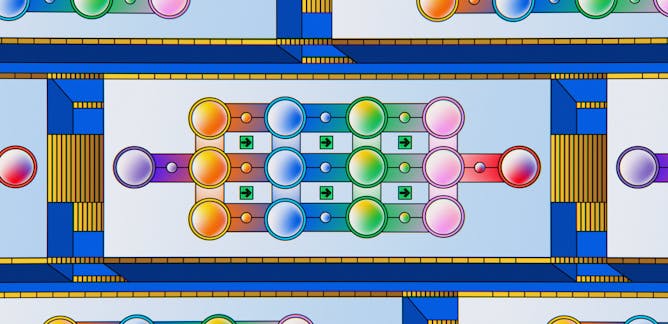
Simon Goldstein, Australian Catholic University; Cameron Domenico Kirk-Giannini, Rutgers University
The Turing test, first proposed in 1950 by Alan Turing, was framed as a test that could supposedly tell us whether an AI system could ‘think’ like a human.
|
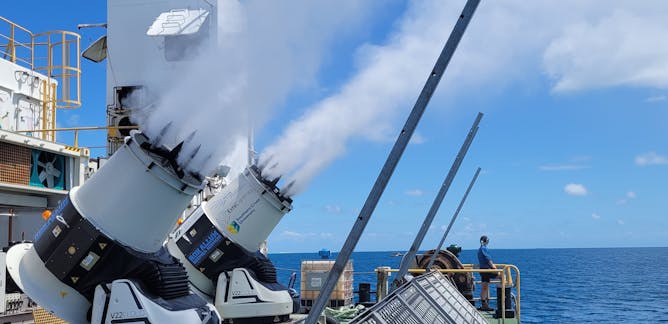
Daniel Patrick Harrison, Southern Cross University
Australian is experimenting with marine cloud brightening to cool and shade the Great Barrier Reef. Here’s how it works.
| |
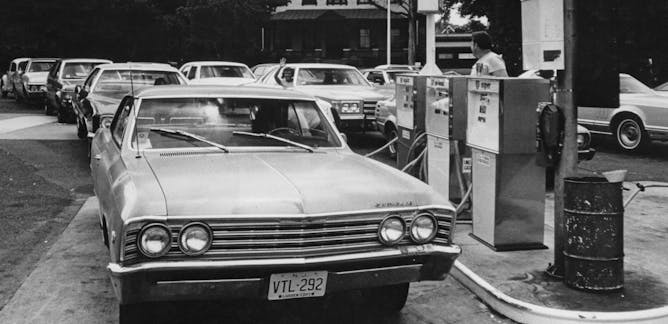
Jim Krane, Rice University; Mark Finley, Rice University
Russia’s 2022 invasion of Ukraine reprised the risks of energy weaponization, but the oil landscape today and energy security itself are changing.
|

Alexander Howard, University of Sydney
What seems at first blush to be an innovative approach to franchise movie-making is nothing more than a futile exercise in cinematic nostalgia.
| |
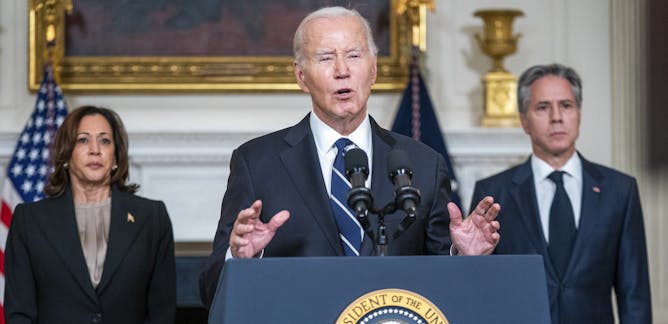
Asaf Siniver, University of Birmingham
US president Joe Biden has warned that occupation would be a ‘big mistake’ – and history seems to agree.
|
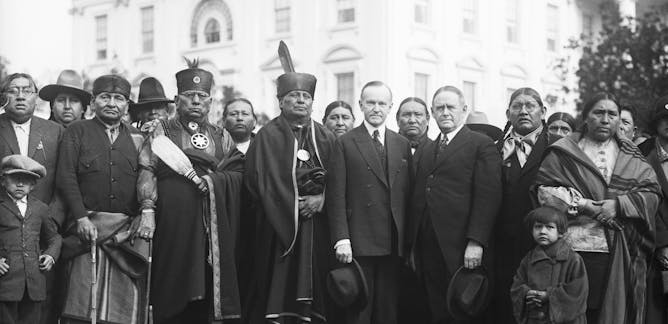
Torivio Fodder, University of Arizona
The Osage murders of the 1920s are just one episode in nearly two centuries of stealing land and resources from Native Americans. Much of this theft was guided and sanctioned by federal law.
| |
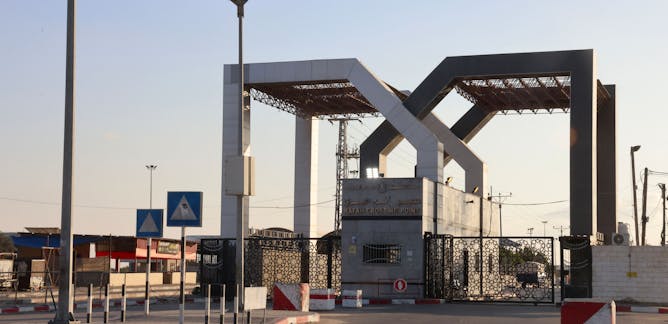
Lorenzo Navone, Université de Strasbourg
The Rafah crossing has historically played a pivotal role in easing the hardships faced by Gazans. Today, it represents an actual lifeline.
|
|
|
| |
| |
| |
| |
|
|
|
|
|
|
|